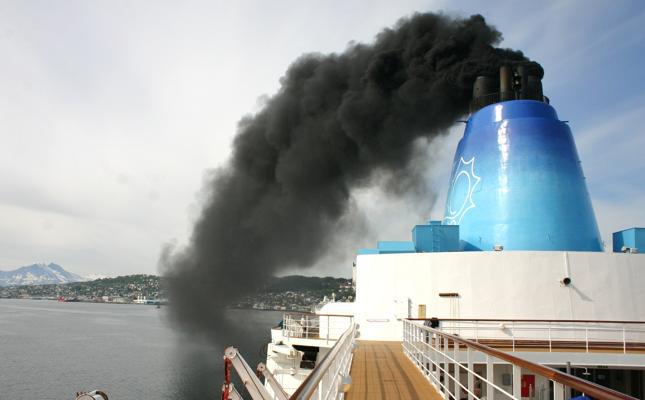Shipowners and operators are urged to immediately execute their respective Ship Implementation Plan (SIP) to prepare for the 2020 fuel sulphur regulation, which is less than four months away.
The non-mandatory SIP, prepared by the International Maritime Organisation (IMO) to assist owners on the use of compliant 0.5% sulphur fuel, can be filled in to help them plan and demonstrate the steps taken by ships when using the low sulphur bunkers from 1 January 2020.
While major owners have publicly announced their plans to comply with IMO 2020, this is not the case for the wider industry.
“We urge all operators to have that implementation plan,” said Ian Adams, executive director of Clean Shipping Alliance (CSA) 2020.
Douglas Raitt, global FOBAS manager at Lloyd’s Register, said, “The shipping industry is extremely ill-prepared. Even this week owners are asking me to help them do the SIP – about three months before 2020. Not possible.”
The elements of the SIP cover a risk assessment and mitigation plan regarding the impact of new fuels, fuel oil system modifications and tank cleaning if needed, fuel oil capacity and segregation capability, and bunkering plans in the lead up to the compliance date.
At present, the world’s fleet consumes a rough estimate of between 180-265m tonnes of bunkers annually, and 90% of the volume is HSFO and 10% is gas oil or distillates. This figure is estimated to change to 96% of volume using the 0.5% compliant fuel, 3% continuing using high sulphur fuel oil (HSFO) alongside scrubbers, and less than 1% on alternative fuels including LNG.
Captain Rahul Choudhuri, managing director at Veritas Petroleum Services (VPS) in Asia, noted that a lot of owners that he spoke to are planning to set aside 10% of their fuel needs as HSFO under scrubbers.
The use of scrubbers, however, has raised controversy over the discharge of washwater back into the seas, particularly in open-loop scrubber systems.
Adams of CSA 2020 expresses regret that while the facts are there on the benefits of scrubbers, open-loop ban still exists in some countries such as Singapore, China and Fujairah in the UAE. “There are people who are less than positive on scrubbers, but not necessarily based on scientific reasons,” Adams said.
CSA 2020, which supports the use and effectiveness of exhaust gas cleaning systems (EGCS) in meeting global emissions reductions targets, is anticipating scrubber installations to increase over the next three to four years beyond 2020, in particular for newbuilds but depending on the price spread between HSFO and the 0.5% compliant fuel.
Valerie Chatterley, industrial chemist and environmental systems & compliance consultant at Carnival Corporation, shared that six studies, including the Koski 2017, Carnival Corp-DNVGL 2019, Japan MLIT 2019, and CE Delft 2019, have all shown that the use of scrubbers are a safe and effective means of complying with IMO 2020.
